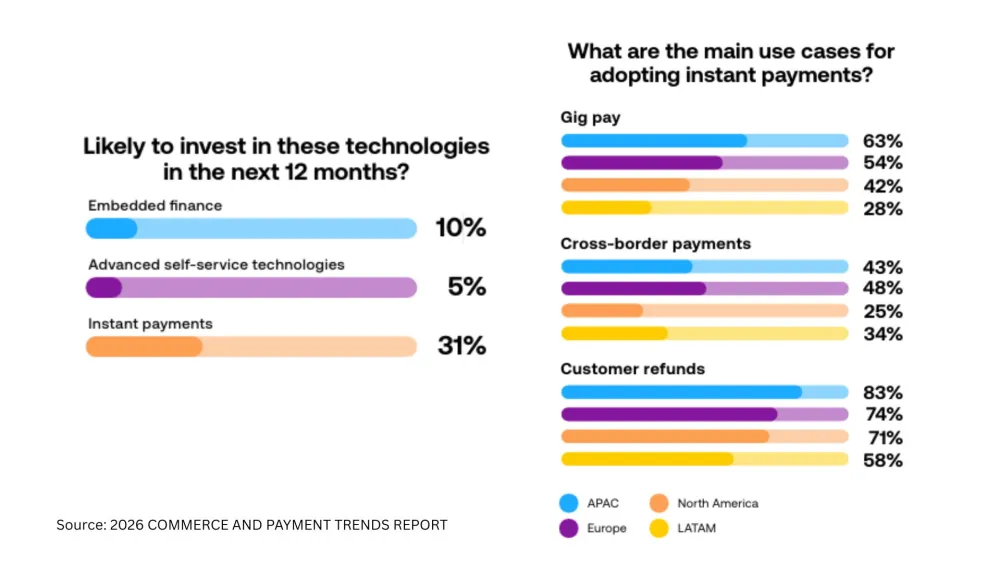
Singapore, Japan renew bilateral swap arrangement
Singapore can swap up to $3b whilst Japan can swap up to US$1b.
The Monetary Authority of Singapore (MAS) and the Bank of Japan (BOJ) have renewed their existing bilateral swap arrangement (BSA).
Under the agreement, Singapore and Japan are able to swap their local currencies in exchange for the US dollar from each other. Singapore is also able to swap Singapore dollars in exchange for Japanese yen “in times of need,” the BOJ said in a press release posted on its official website.
ALSO READ: MAS appoints trade minister Gan Kim Yong as new chairman
The size of the BSA remains unchanged at US$3b for Singapore, whilst Japan can swap up to US$1b from Japanese yen to Singapore dollar.
The renewed BSA incorporates amendments to align with the recent amendments to the Chiang Mai Initiative Multilateralisation (CMIM) Agreement, BOJ said.



















 Advertise
Advertise









